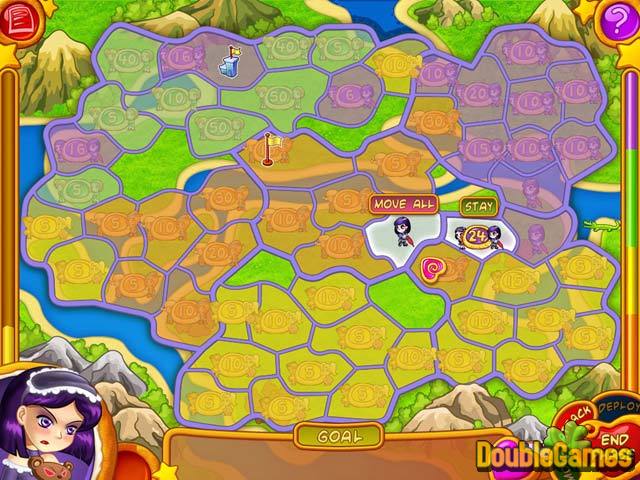

Today we are obsessed not with things, but with information and data, that is to say, non-things. However, these are disposable objects that we cannot really bond with. There is without a doubt a hyperinflation of objects, meaning they are everywhere. How is it possible that in a world obsessed with hyperproduction and hyperconsumption, at the same time objects are disappearing and we are moving toward a world of non-things?Īnswer. Byung-Chul Han in a film still from the documentary ‘The Burnout Society: Byung-Chul Han in Seoul and Berlin.’īyung-Chul Han conducted this interview with EL PAÍS by email in German, which has subsequently been translated and edited for clarity. We become lost individuals, in sick and cruel societies. He despairs of “the disappearance of rituals,” which also makes entire communities disappear along with them. The philosopher strives to recover intimate contact in everyday life – he is known for his interest in gardening, making things with his hands and sitting in silence. This narcissism runs riot on social media, he believes, where the obsession with oneself makes others disappear and the world becomes a simple reflection of us as individuals.

He has also considered new forms of entertainment and “psychopolitics,” where citizens surrender meekly to the seduction of the system, along with the disappearance of eroticism, which Han blames on current trends for narcissism and exhibitionism. The best-selling thinker, sometimes referred to as a rockstar philosopher, is still meticulously dissecting the anxieties produced by neoliberal capitalism.īy combining quotations from great philosophers and elements of popular culture, Han’s latest book Undinge (or Nonobjects), which is yet to be published in English, analyzes our “burnout society,” in which we live exhausted and depressed by the unavoidable demands of existence. While the digital world is increasingly blurred with what we still consider the “real” world, our existence is ever more intangible and fleeting, he believes. We continue to desire these non-things, and even to buy and sell them, Han says. The material world of atoms and molecules, of things we can touch and smell, is dissolving away into a world of non-things, according to the South Korean-born Swiss-German philosopher Byung-Chul Han.


 0 kommentar(er)
0 kommentar(er)
